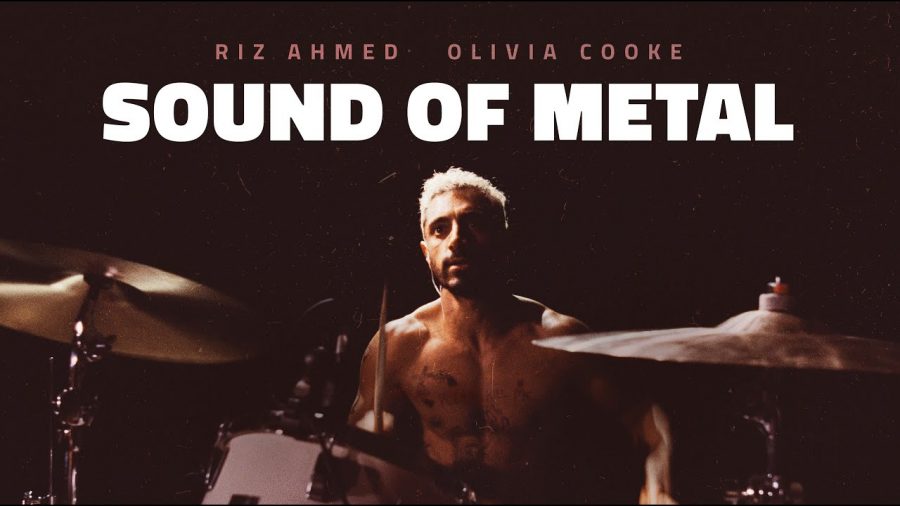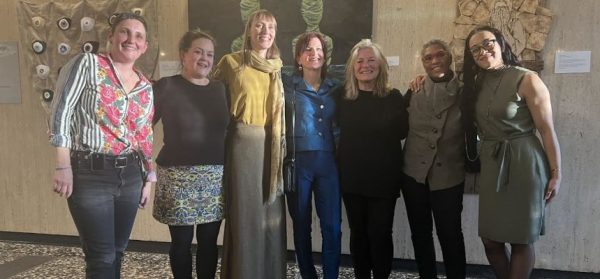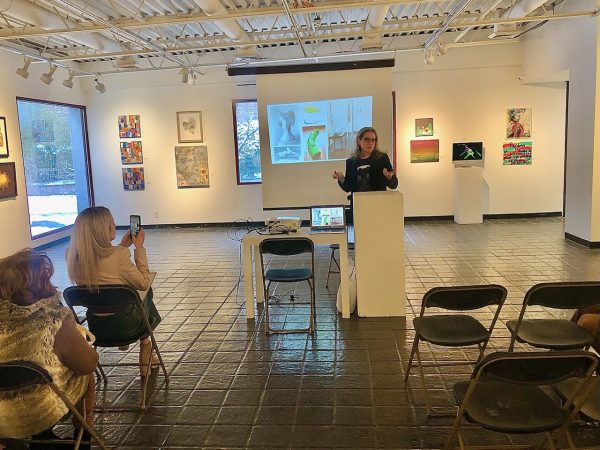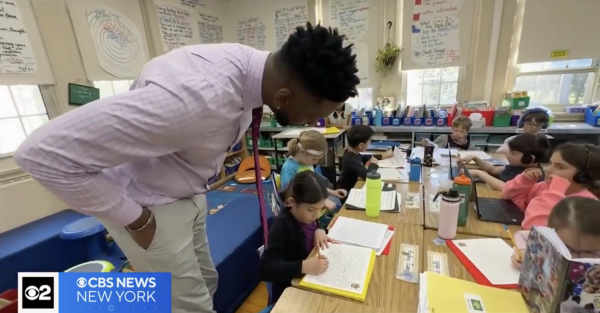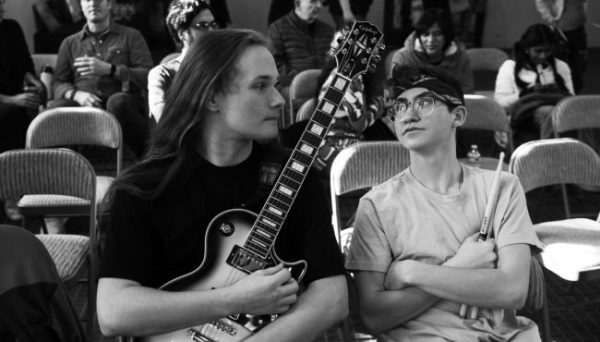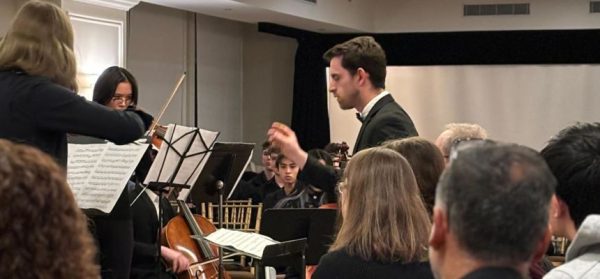‘Sound of Metal’ stresses the importance of community, adaptability, and self-discovery during times of crisis
Music has always been one of the most fundamental aspects of culture. Before Covid, there were massive concerts and festivals — events that involve people paying money simply to go and listen to music being made right in front of them while being around other like-minded people. Even if you take concerts out of the equation, music is still incredibly important to our lives. Seriously, think about the last day you spent without hearing any music at all, either actively or passively. Moreover, if you were to walk outside right now, go around your immediate neighborhood, and ask for people’s opinions about music, I’d safely say that nearly everyone would have something to contribute.
In fact, let’s try it right now. Can you think of at least one artist you love? How about one you really don’t love? Has a song ever made you cry? Made you laugh? Can you think of a song you associate with a person? A place? A memory?
Chances are, you were able to answer most, if not all, of those questions. Has my asking you these questions forced you to reflect? If so, good — you are a prime example of the effect music can have on us, without even having to listen to it.
But this effect goes even further for some, especially those who are fortunate enough to make a living playing music. For them, music isn’t just a part of their lifestyle — it is their lifestyle. So what, then, do those people do when something so essential is stripped away from them in the blink of an eye?
This is the reality that heavy metal drummer Ruben (Riz Ahmed) must face in “Sound of Metal,” when he loses his hearing as a result of long-term exposure to high levels of sound. Rather than preach about the dangers of harmful sound exposure or offer Ruben’s story as a cautionary tale, though, the film adopts a fairly unbiased, non-judgemental attitude towards the issue, which is a clever parallel with the attitudes Ruben encounters later in the film — those of the deaf community he is welcomed into.
As the film begins and we are dropped in the middle of one of Ruben’s performances, we are immediately hit with a sensory overload — loud music, strobe lights, and quick cuts between camera angles. But just a few minutes later, it is all taken away when the sounds dull and instead we hear a high-pitched ringing that might as well have been coming from inside our own ears. However, it is coming from Ruben’s, who, after the song finishes, sprints out of the venue to have a panic attack.
Unfortunately, this is just the beginning for Ruben, as well as for his girlfriend and lead singer Lou (Olivia Cooke), who repeatedly appears to be in physical pain watching Ruben struggle with not being able to hear anything. Ultimately, Lou realizes she cannot take care of Ruben in his current state, and so the two seek out the advice of Joe (Paul Raci), a deaf man and leader of a residential support group for deaf people. Raci, who is nominated for an Oscar for his performance, is solid but not spectacular, though he does give a brilliant speech to Ruben near the end of the film.
Ahmed’s performance, on the other hand, is truly spectacular. Ahmed does a wonderful job of developing Ruben’s character throughout the film, illustrating to the audience the clear journey he takes from when he first is diagnosed as hearing impaired all the way to his self-reckoning at the end of film. Moreover, Ahmed acts with such expression in his face and body, and delivers his lines with an emotional quality that meets the tension and drama of the moment and makes his performance very moving. As an actor, I have often heard directors explain the importance of “raising the stakes” during any given scene (i.e., finding a way to make it personally meaningful), and from what I can tell, that is exactly what Ahmed was able to execute so well.
Perhaps unsurprisingly for a film all about sound, “Sound of Metal” impresses in the sound editing department as well. Ruben’s hearing loss is illustrated by muddling all sound, and this is quite effective, especially since we can understand progressively less of what other characters are saying as his hearing gets progressively worse.
As it is a film about the deaf experience, “Sound of Metal” uses American Sign Language (ASL) quite frequently. Interestingly, though, the film chooses to intentionally omit subtitles when characters speak in ASL — that is, until Ruben begins to understand it. This switch comes in the middle of a 10-minute montage of Ruben’s experience at the deaf retreat, and it helps illustrate his progress without stating it explicitly. I was actually surprised when the subtitles appeared all of a sudden, because I, like Ruben, had grown accustomed to not being able to understand anyone speaking in sign language.
Honestly, this movie is worth the watch for Riz Ahmed’s performance alone.
Grade: A-
Vikram Jallepalli is a senior at Pelham Memorial High School. Writing for the Examiner is his first role in journalism. He performs in Sock’n’Buskin...



